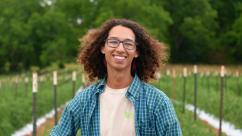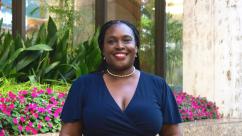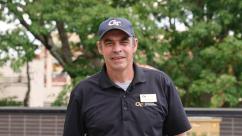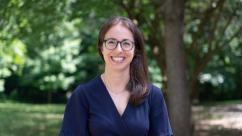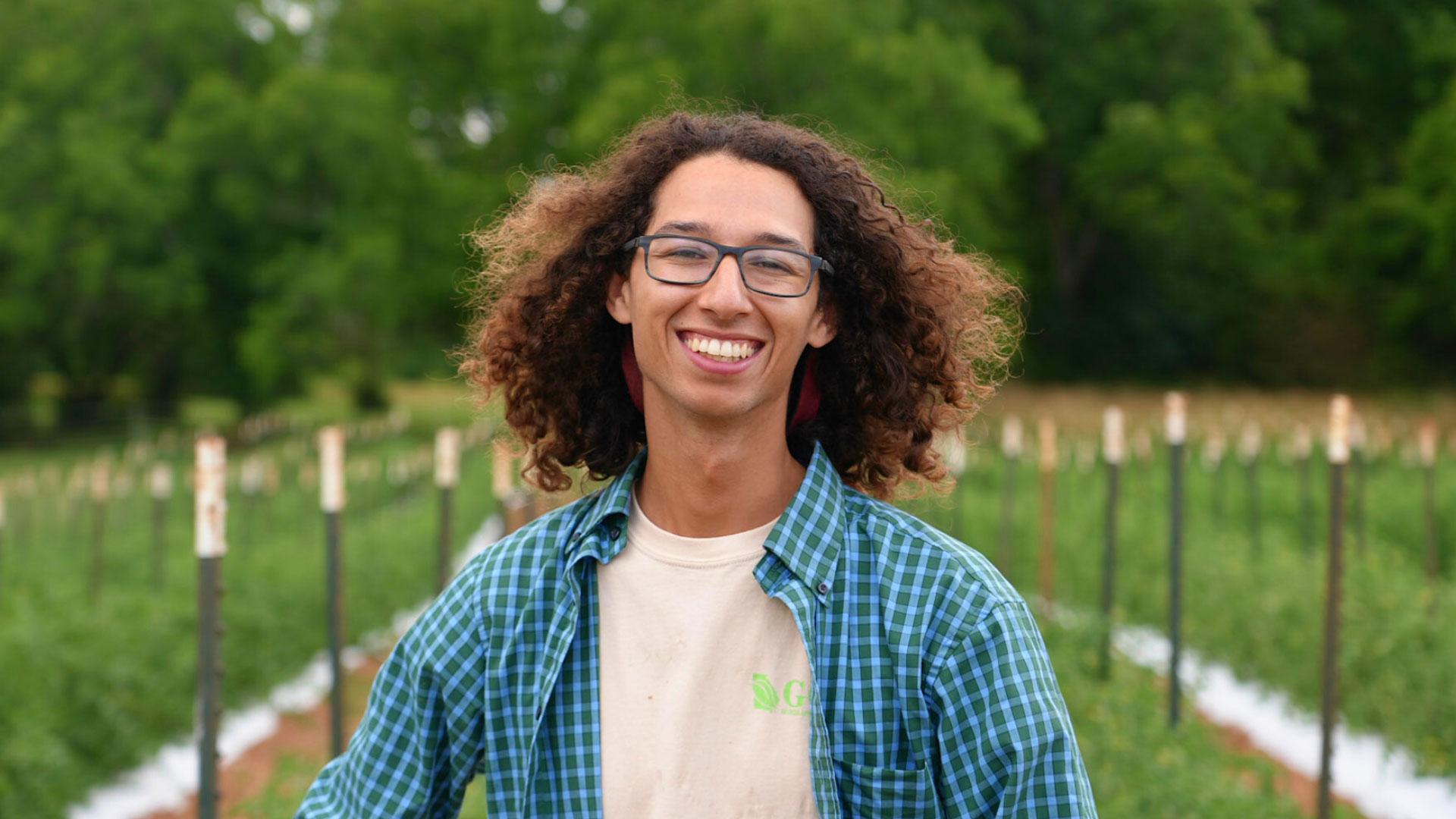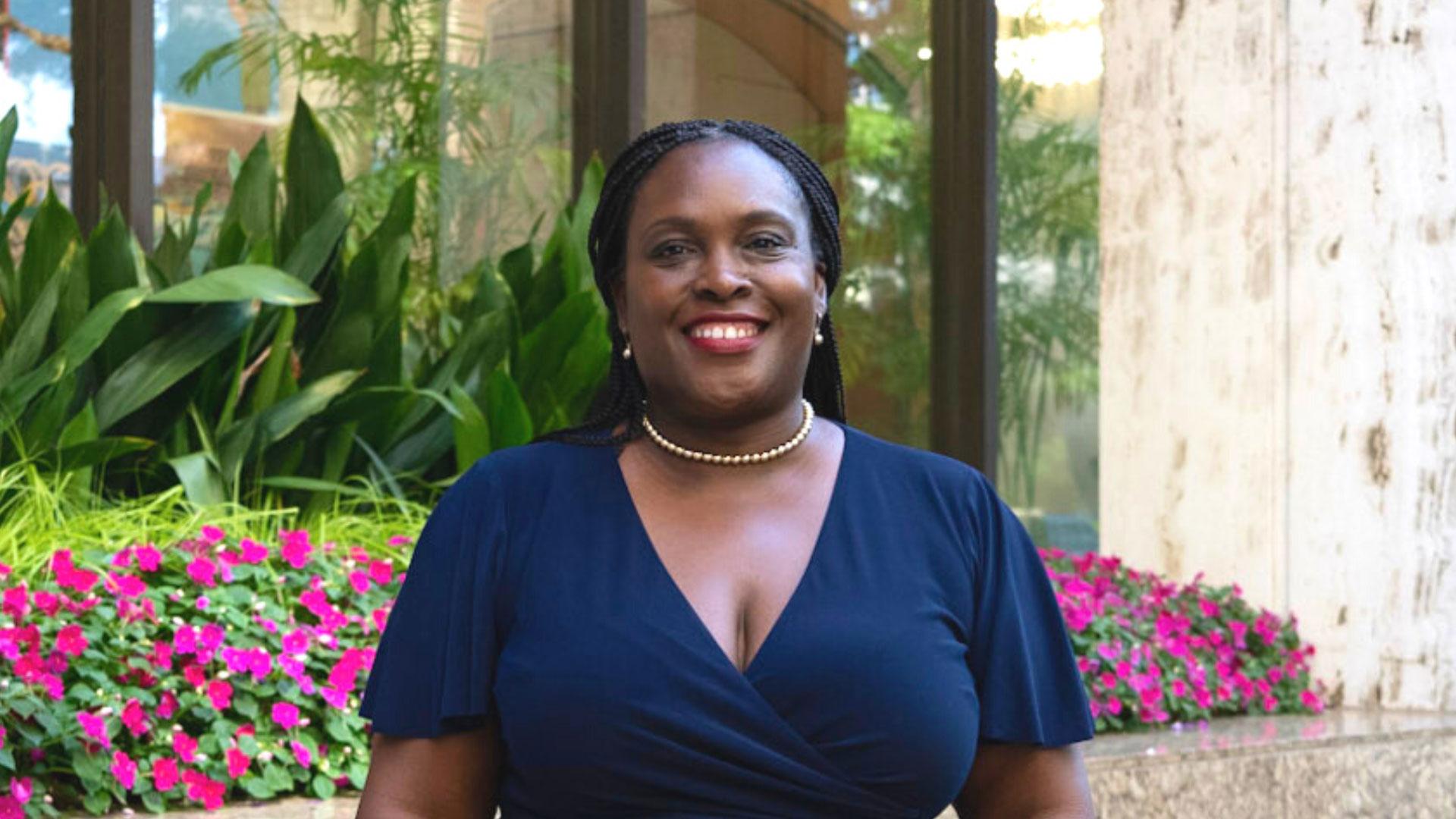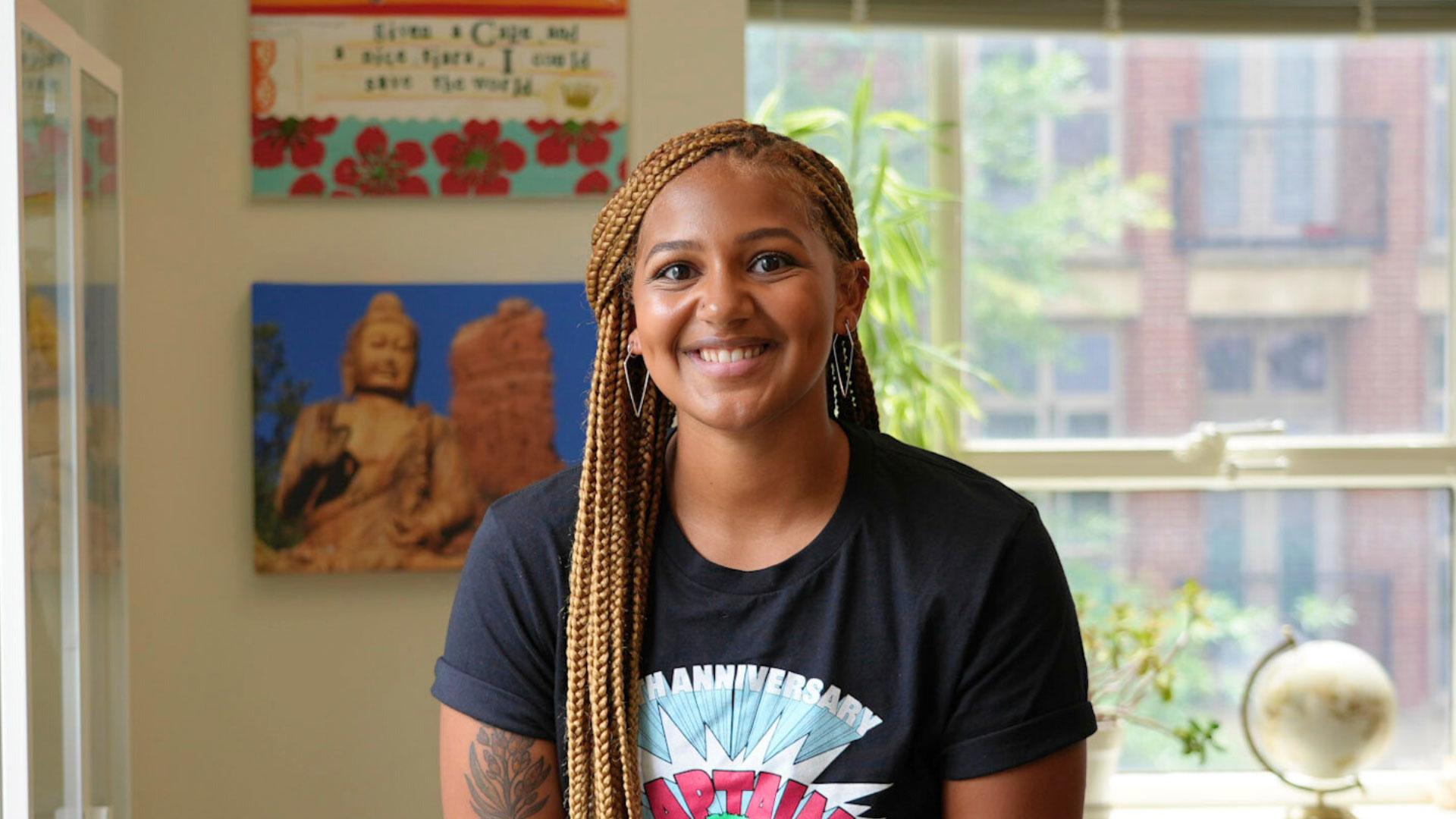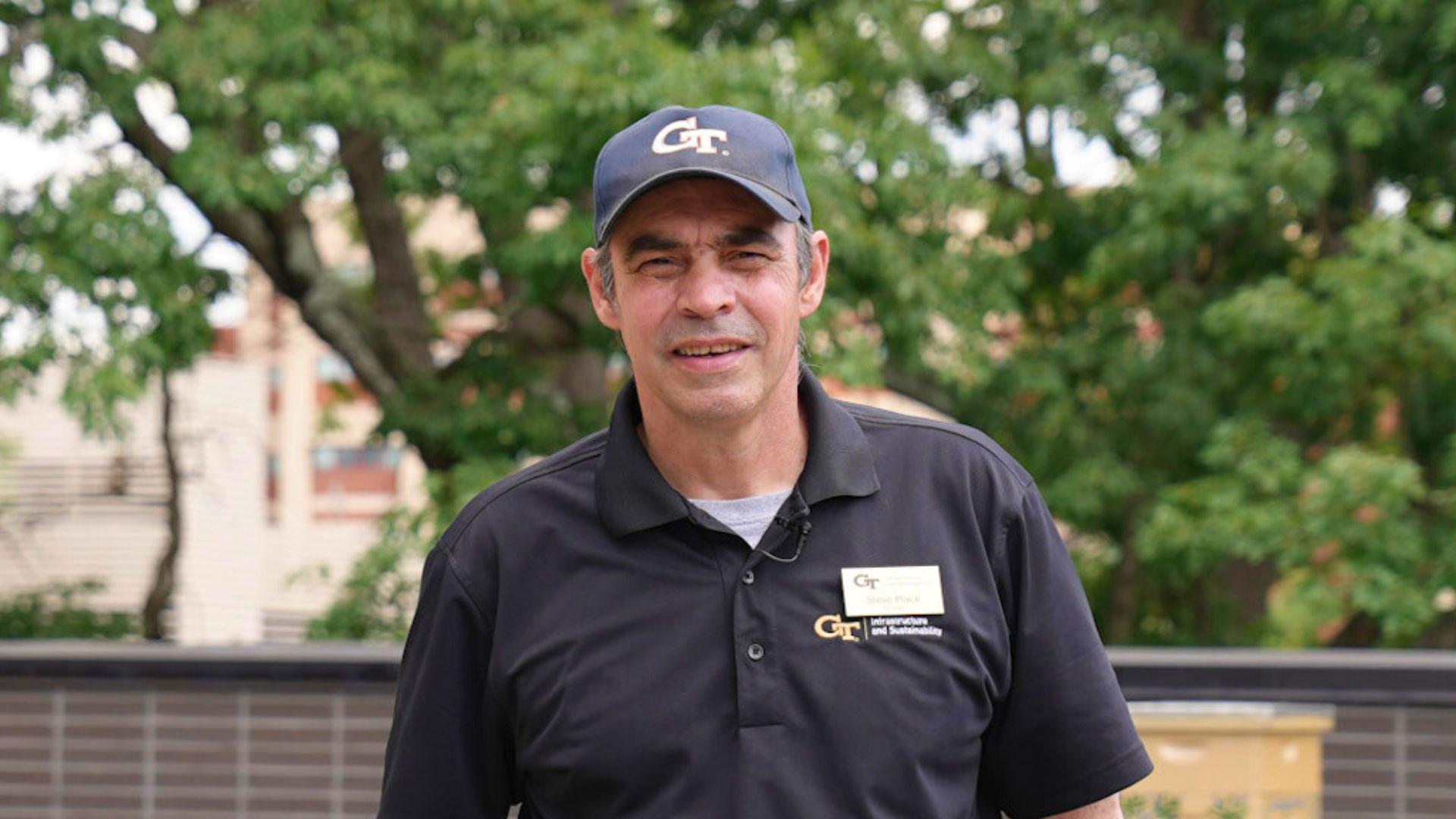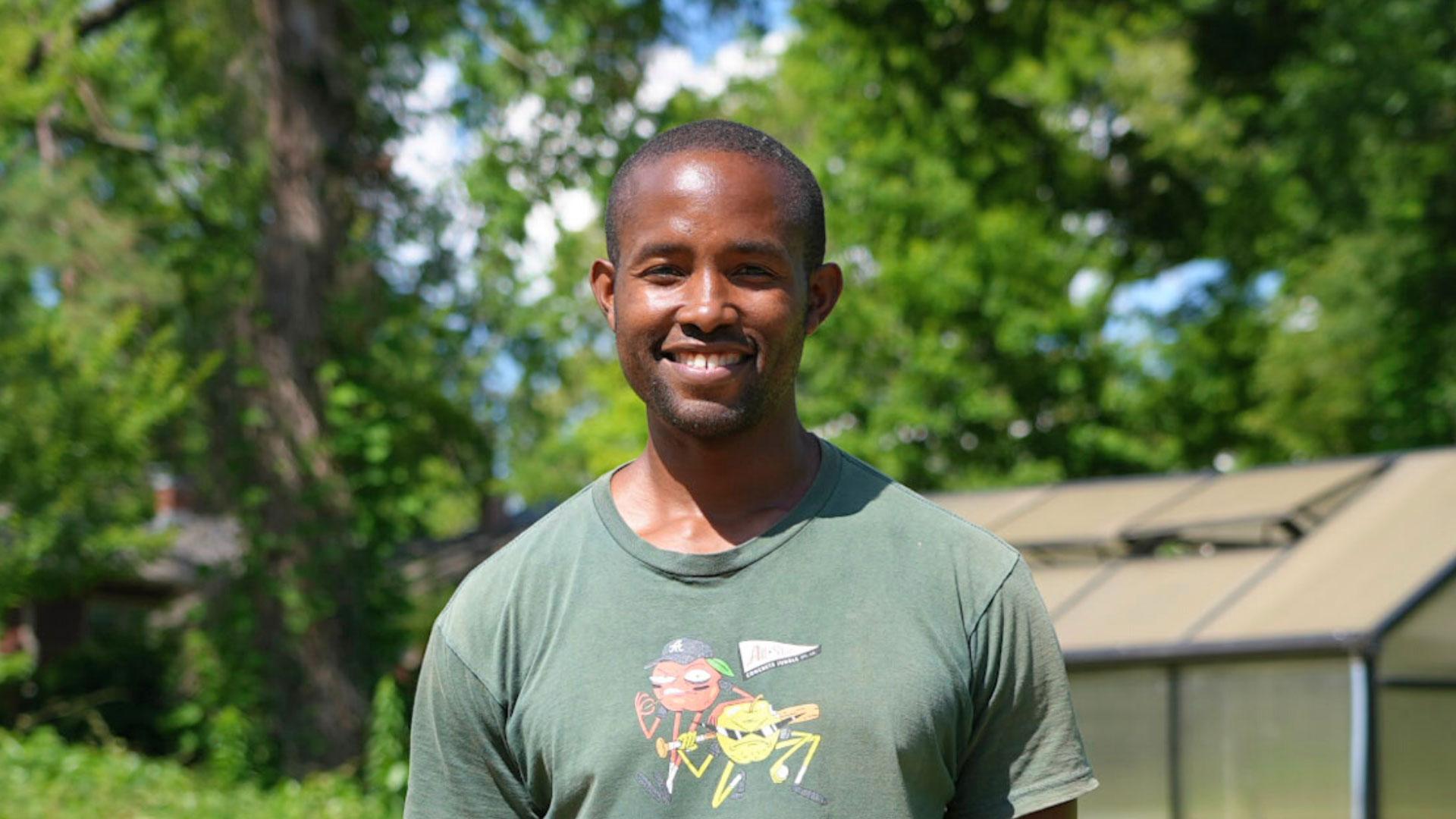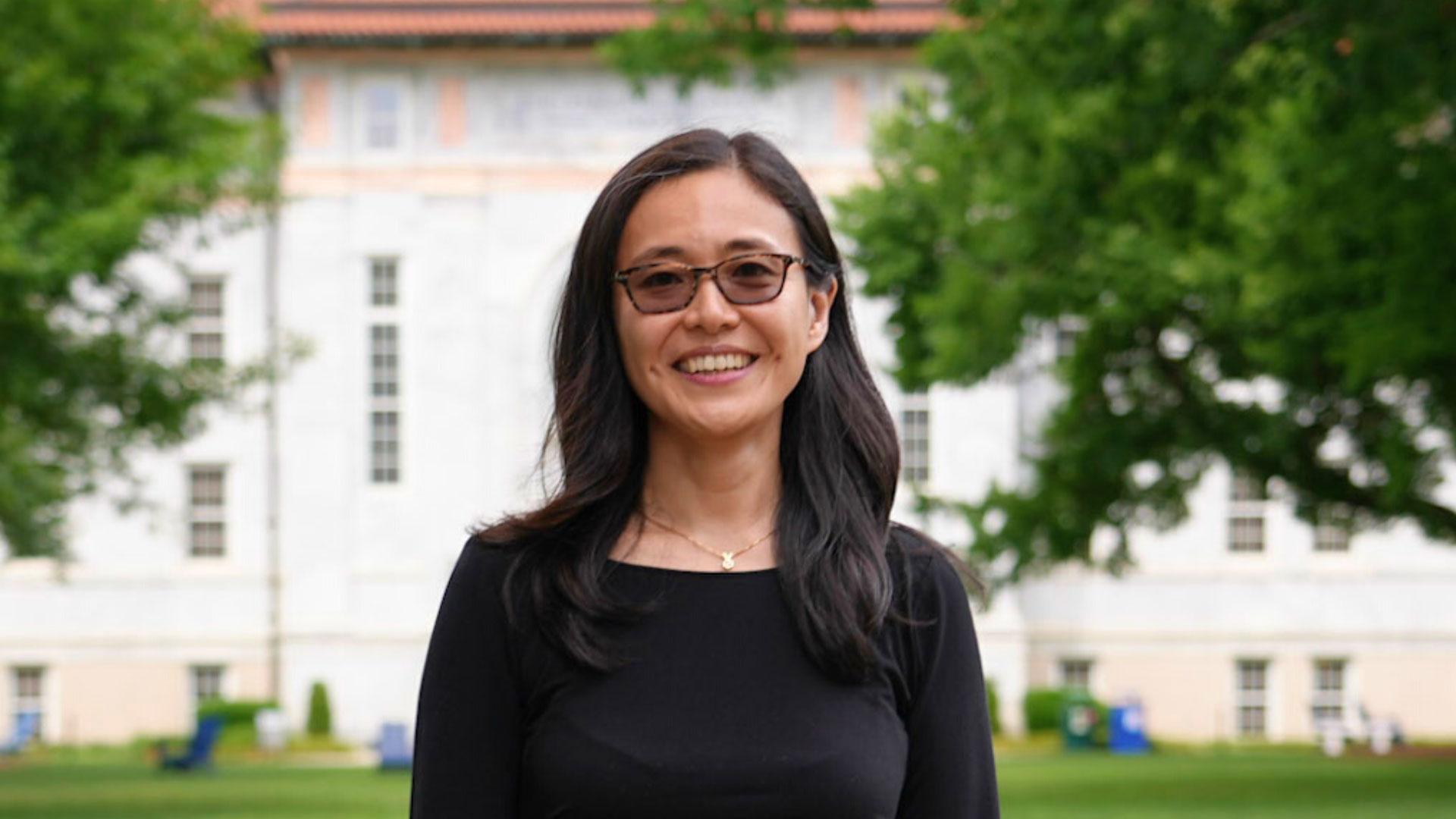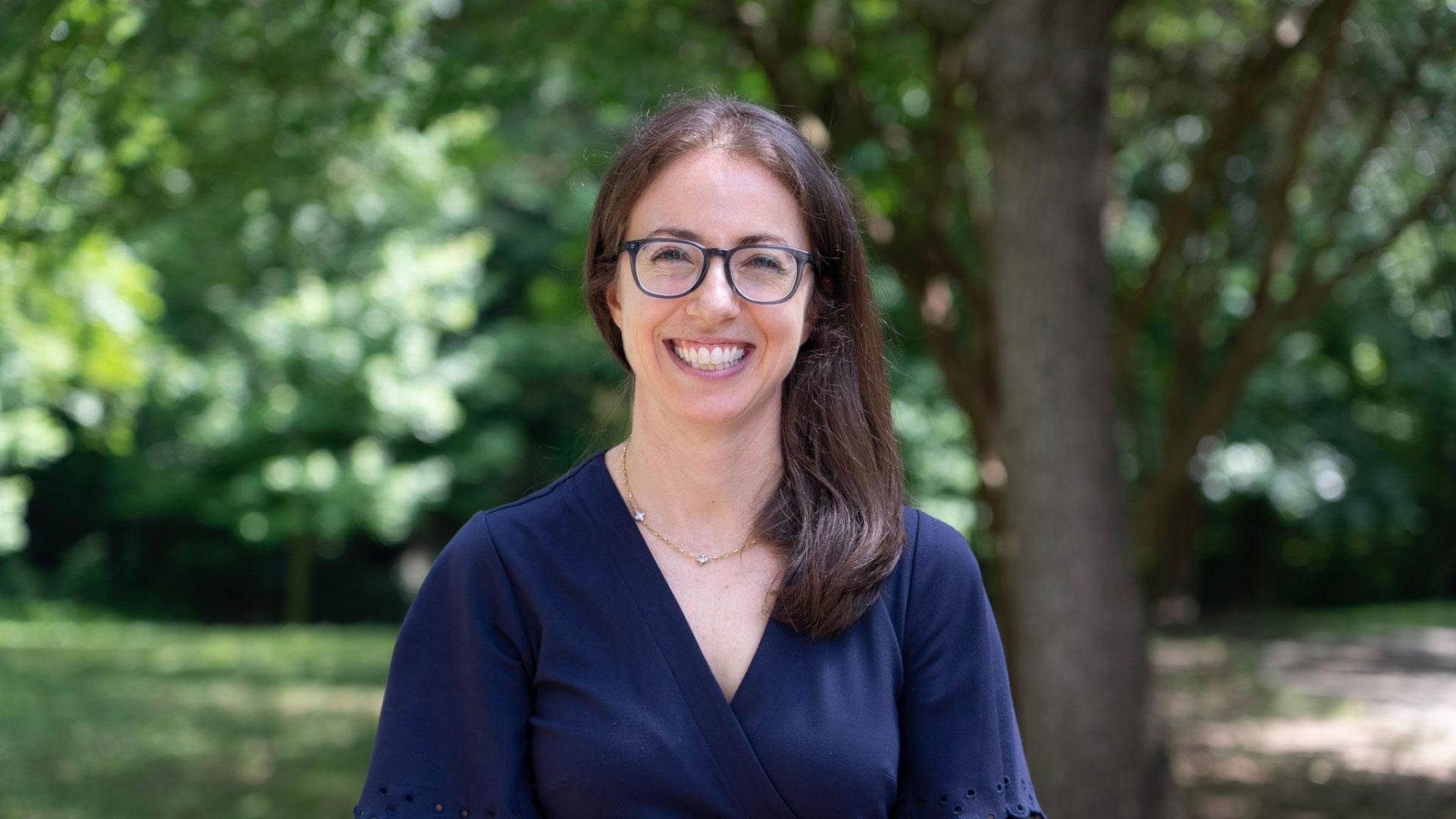Kendrick Kelsey: Circular Economy Is Caring for People & Planet
In this Episode
Kendrick’s Story
Industry helps power our economy, yet it creates massive amounts of waste. In fact, the creation and disposal of products and goods account for 21% of all heat-trapping emissions. How can we ensure that the energy, water, and other valuable resources used to manufacture products for consumption are not also contributing to the amount of waste we generate? Kendrick Kelsey, a Reuse Center Associate at Lifecycle Building Center, is working to keep products, like building materials, circulating back into the economy in ways that benefit people who can meaningfully make use of old materials and make them new by reclaiming waste as a resource. Lifecycle Building Center is helping to draw down emissions by capturing building materials from the waste stream and directing them back into the community through reuse.
Discussion Questions
One of the most important things you can do when it comes to climate change is talk about it.
- Kendrick is committed to creating a better future, drawing inspiration from his family history to fuel his hope for the next generation—nieces, nephews, and his daughter. Kendrick's mother and father grew up in small country towns in Georgia, relocating to Atlanta and raising a family. Kendrick’s upbringing instilled a strong work ethic in him."Giving up is not in your vocabulary," Kendrick’s mother would tell him, while Kendrick's father inspired him by telling him, "I'm not going to be here forever; what if your mom needs her toilet fixed? Are you going to make her pay for it, or are you going to do it?" What is a formative experience that has shaped how you see the world and your place in it? Is there a specific inspirational phrase from a loved one or conversation that continues to stick with you?
- Atlanta is the birthplace of Dr. Martin Luther King and Rosa Parks, and the city’s Auburn Avenue is known for its rich history of convening civil rights leaders and as a historical epicenter of Black business, excellence, and innovation. Racism is also part of that past, and Kendrick is heartbroken by the understanding that racism will continue, affecting the people we love. All people must be part of imagining what a more vibrant and bright future will look like, one in which our future generations will be well and thriving. Understanding the legacy of racism means that we know that climate change was created under the same systems that were racist and treated both people and the planet in exploitive and extractive ways. Climate change and racism are inextricably linked; as such, identifying and implementing just solutions to the climate crisis mean we must seek opportunities to address multiple issues together to create a better world. What would a better world look like to you? Take a moment to imagine what it would look like; the sights and sounds, who would be there, and how would it make you feel?
- Kendrick is a United States Air Force Veteran who served as an Aircraft Mechanic and Crew Chief in the military. Kendrick talked about a painful experience when he experienced racism after being pulled over by the police while driving—having done nothing wrong and wearing his full military uniform. Kendrick shares that he was interrogated and his car searched for being "suspicious." Kendrick was faced with asking himself the difficult question, "Am I going to be able to make it out of this to talk to my parents?" The most hurtful part of the experience was the blatant racism that he overheard during a conversation between the officers. Kendrick's advice for others in that type of situation is to "keep a cool head." A recurring thought that Kendrick has in these situations is to think about his daughter and loved ones. He shared, "I can't help anybody if I am dead or I am in jail, so it is best to always keep a cool head…and know when to let it go." Why is it important to address racism, systemic injustice, and drawdown solutions together as part of our approach addressing climate change? What is at stake if we achieve drawdown in greenhouse gas emissions but don't have justice?
- Kendrick's experiences have motivated him to care for people through his work at Lifecycle Building Center. In his encounters with people who come to the Center, he explains that some are clearly hurting and in need. Kendrick is encouraged to know that every building material reused is kept out of landfills and meaningfully gives back to the community. Knowing this provides Kendrick with a source of joy when he walks through the Lifecycle Building Center’s doors that he is doing something good to care for both people and our planet. For people who want to get involved in climate solutions and find their role, Kendrick suggests volunteering, reading to learn more, and simply getting started in creating positive impact because there are so many ways to benefit your community as well as our environment. What volunteer or donation opportunities exist in your community to help support efforts like Lifecycle Building Center?
Learn More
Learn about the solutions in this story.
- Solution Sector: Industry
- Solution: Recycling
- Climate Solutions Cluster: Improve Materials; Use Waste
- For more on all of the Drawdown climate solutions, visit drawdown.org/solutions.
- Learn more about the work Kendrick does: Lifecycle Building Center
Explore Climate Solutions 101, the world's first major educational effort focused solely on climate solutions. This video series combines Project Drawdown’s trusted resources with the expertise of inspiring, scientifically knowledgeable voices from around the world: drawdown.org/climate-solutions-101.
Take Action
- Drawdown Ecochallenge, presented by Ecochallenge.org, is a fun and social way to take measurable action on the top solutions to global warming. Take the challenge, and see how a few weeks of action add up to a lifetime of change for you and the planet. If you want to take action on waste like Kendrick, visit Link to source: https://drawdown.ecochallenge.org/challenges/industry.
- The Drawdown Labs Job Function Action Guides are practical and shareable resources that highlight specific, high-impact climate actions employees in common corporate professions can take at work.
- ChangeX connects people with proven ideas for strengthening communities with the resources needed to implement those changes. Explore countless ways to improve your community and help the world reach drawdown.
- Climate Generation's Green Careers for a Changing Climate Instructional Supplement (for Grades 6-8) contains resources to help young people learn about Green STEM Careers — careers that can help solve the impacts of climate change using STEM skills. Throughout this instructional supplement, students will be using the resource Drawdown to make important connections to solutions that these careers will implement.
- Solutions Journalism Network highlights the importance of reporting stories of climate solutions in the media to create a more equitable and sustainable world. Visit their Teaching Climate Solutions resource to find curated collections and the latest examples of climate solutions journalism.
- SubjectToClimate (StC) is a nonprofit online connector for K-12 leaders of all subjects to find materials on climate change at no cost. Explore StC’s educator-generated database to connect to Project Drawdown-based climate education resources.
Sign up to receive updates, provide ideas, and tell us how you might share Drawdown’s Neighborhood in your community.


